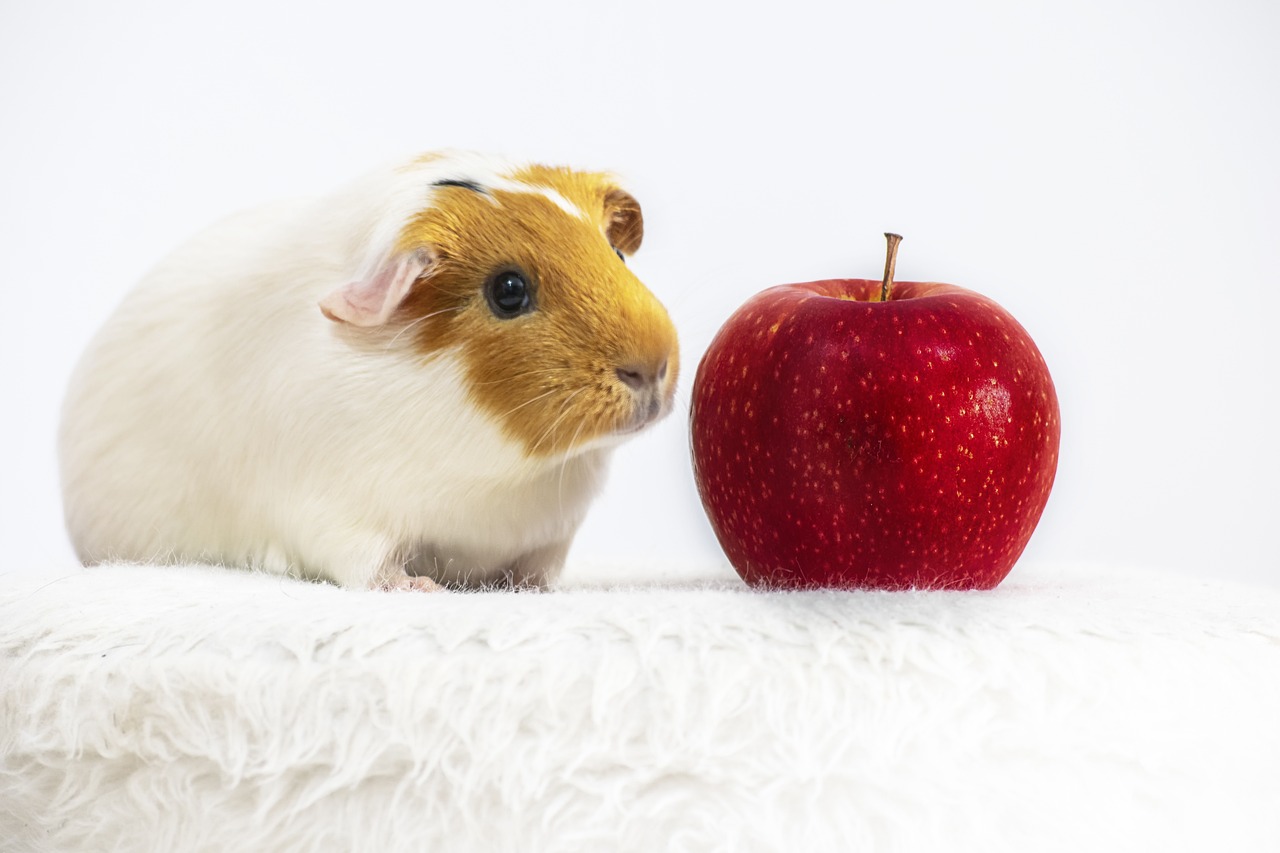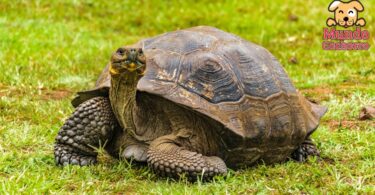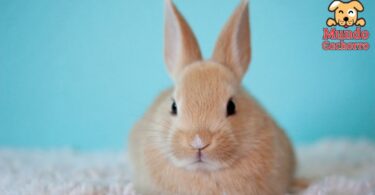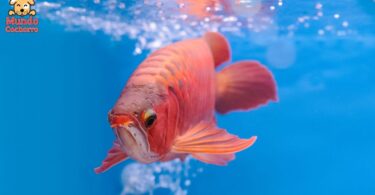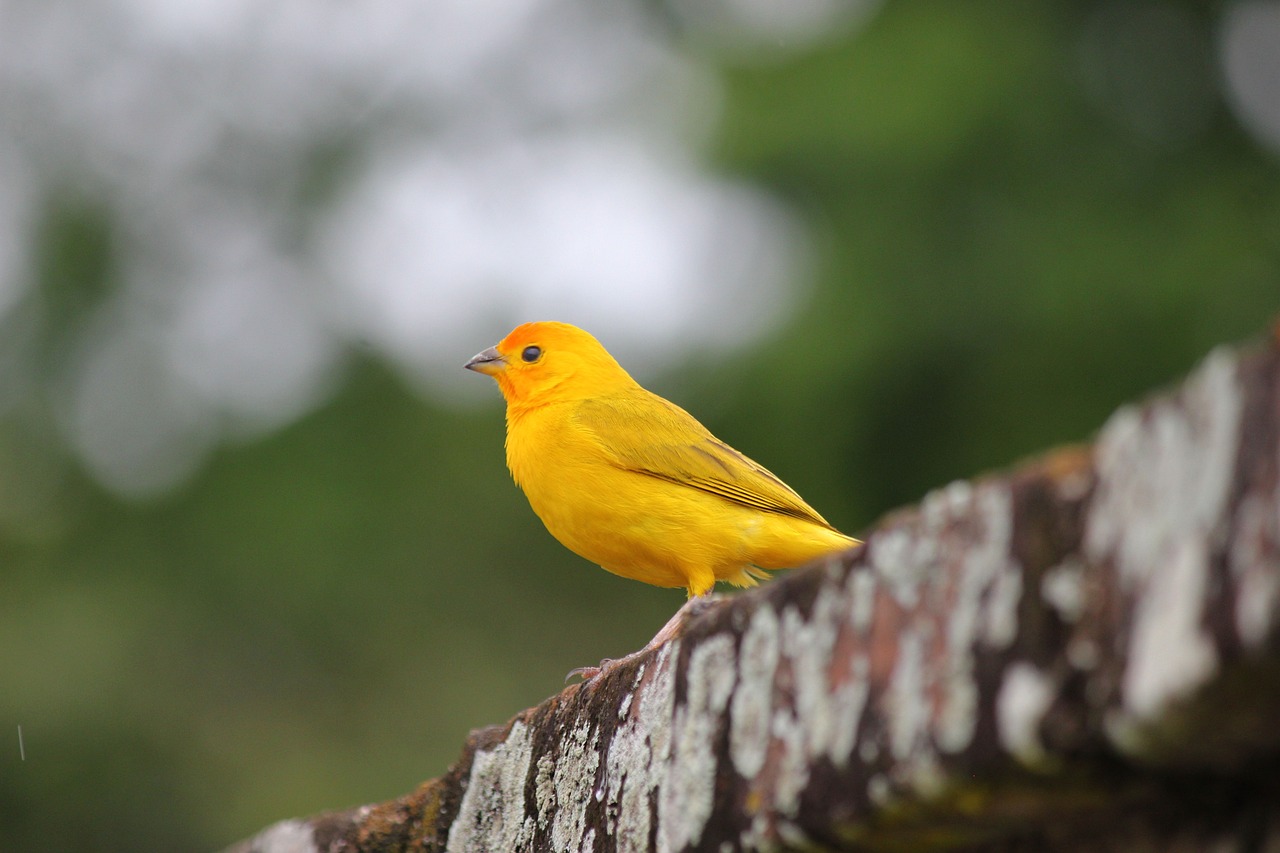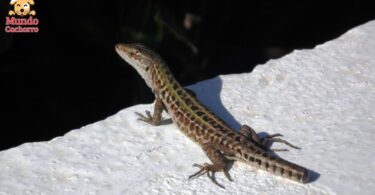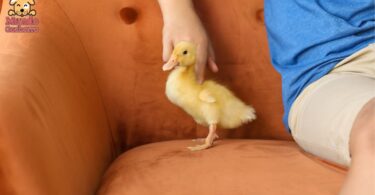Guinea pigs are one of the most popular pets, especially among children. They are adorable, fun and easy to care for. But you need to know that if you want to keep your guinea pig healthy and happy, it is important that you offer it a proper diet.
Where to stay if you go with your pets?
A guinea pig’s diet should be balanced and adapted to its specific nutritional needs. Although ideally you should seek the advice of a veterinarian, here we have prepared a series of general recommendations for the best diet for a guinea pig.
Diet for a guinea pig
High quality hay: Hay should be the basis of a guinea pig’s diet. It must be available at all times to meet your fiber needs. Timothy grass hay is a good choice. Hay provides fiber, helps wear down constantly growing teeth and maintains a healthy digestive system.
High quality guinea pig pellets: Commercial pellets specifically for guinea pigs are an important source of essential nutrients. Choose high quality pellets and do not mix them with food for other animals, as the nutritional requirements of guinea pigs are specific.
Fresh vegetables: Guinea pigs enjoy a variety of fresh vegetables. Options include peppers, spinach, mustard greens, cucumbers, celery, parsley, broccoli and carrots. Introduce new vegetables gradually and see how your guinea pig tolerates them. Avoid vegetables rich in oxalates, such as spinach in excess.
The guinea pig care you need to know
Fruits in moderation: You can offer fruits such as apples, pears, strawberries and melons as treats, but in limited quantities due to their sugar content. Do not exceed one or two teaspoons of fruit per day.
Fresh water: Make sure your guinea pig has constant access to fresh, clean water. You can use a drinking bowl or a bowl, but make sure it does not get dirty easily.
Supplements: In general, guinea pigs do not need vitamin supplements if they are receiving a balanced diet. However, it is advisable to consult with an exotic animal veterinarian to ensure that your guinea pig is receiving adequate nutrients.
Recommendations
It is important to avoid toxic foods in your guinea pig’s diet. Guinea pigs are sensitive to certain foods that may be toxic to them. Avoid giving them onions, garlic, green potatoes, high-fat foods, dairy products and chocolate, among others.
Portion control is also important. This in the sense that you must control the portions of pellets and treats to avoid obesity. Guinea pigs are prone to gain excess weight if allowed to overeat.
As with any pet, watch for signs of allergy or intolerance to certain foods. Symptoms may include itching, diarrhea, vomiting or behavioral changes. If you notice any symptoms, consult a veterinarian.
Keep your guinea pig’s diet consistent and avoid sudden changes in feeding, as its digestive system can be sensitive to sudden changes.
Remember that consulting with an exotic animal veterinarian is the best way to ensure that your guinea pig receives a proper and healthy diet. You should also offer affection and mental stimulation to keep your guinea pig happy and healthy.
Image courtesy of https://pixabay.com, all rights reserved.


